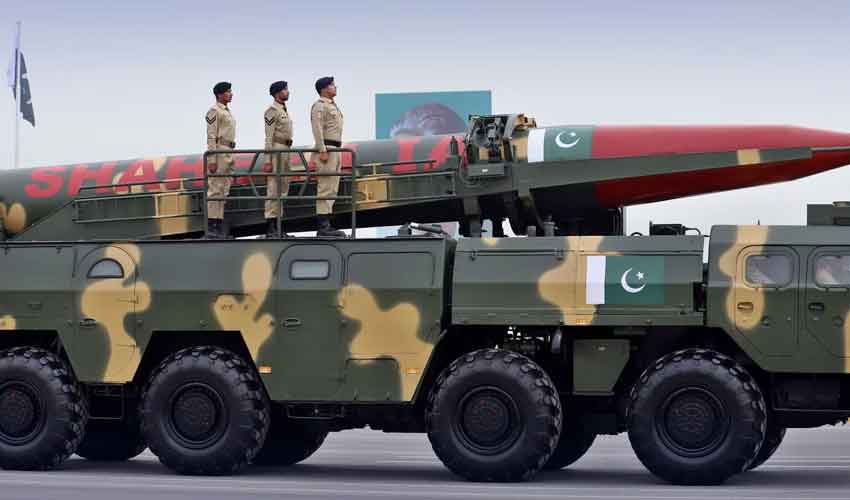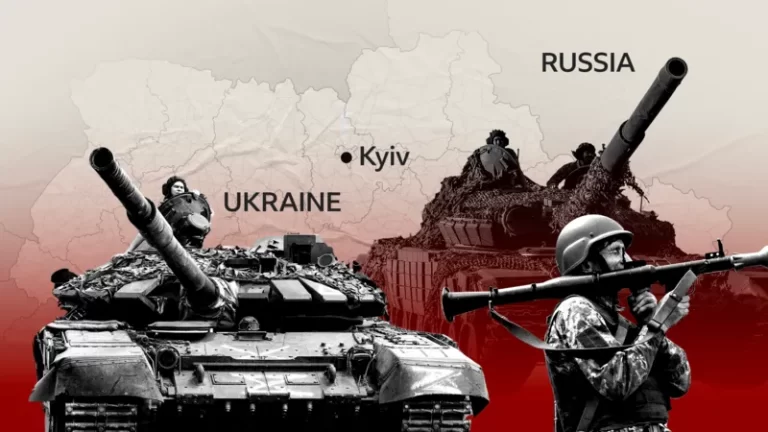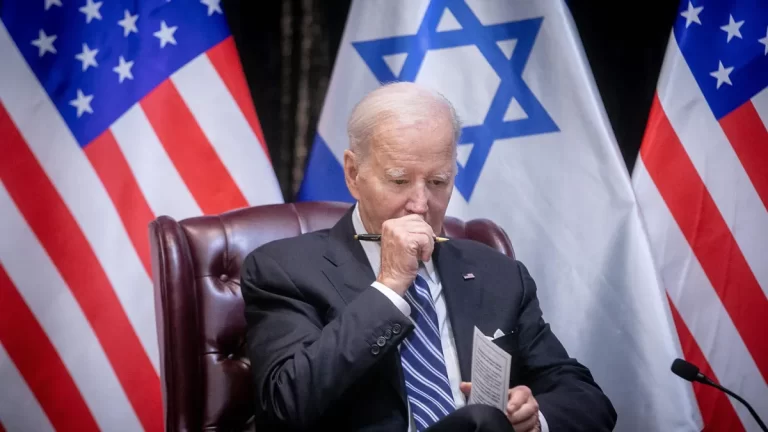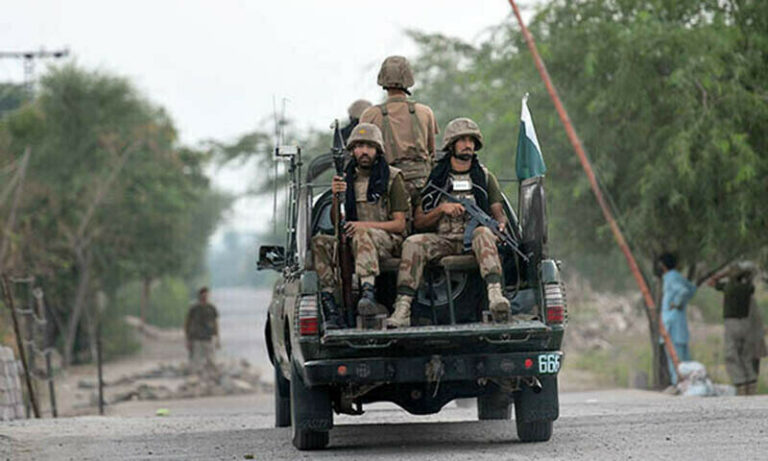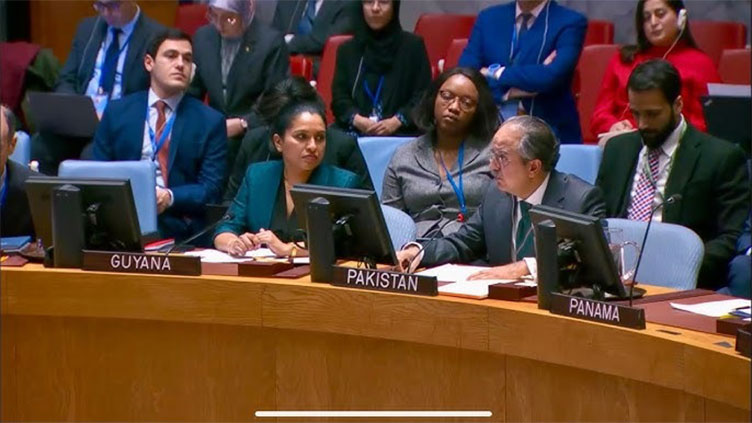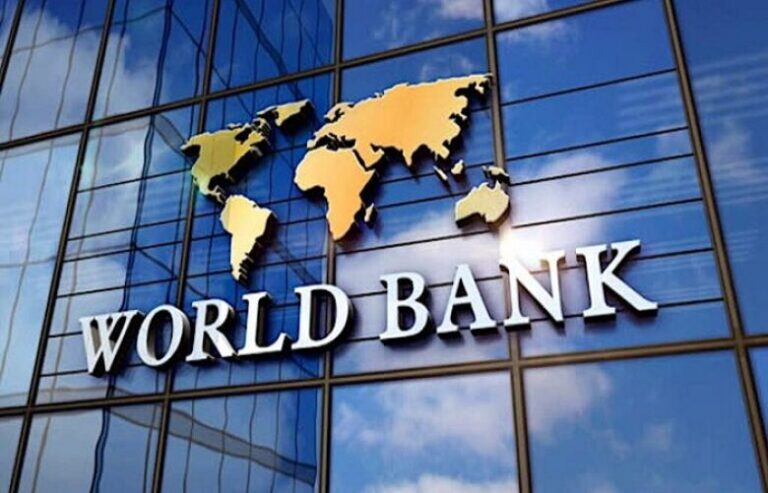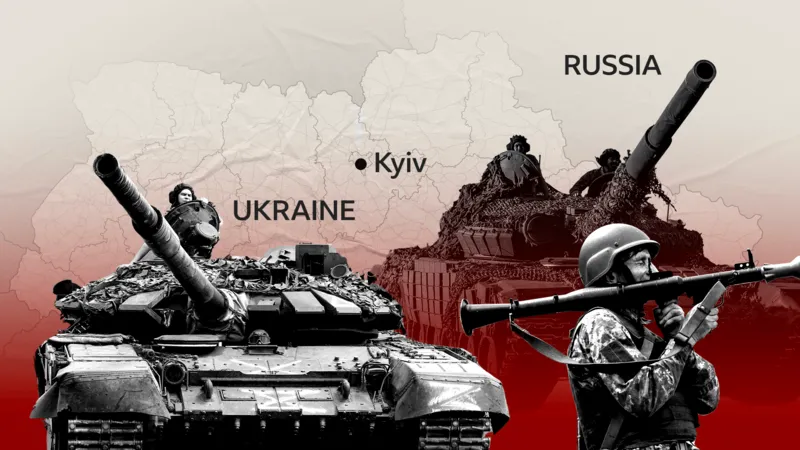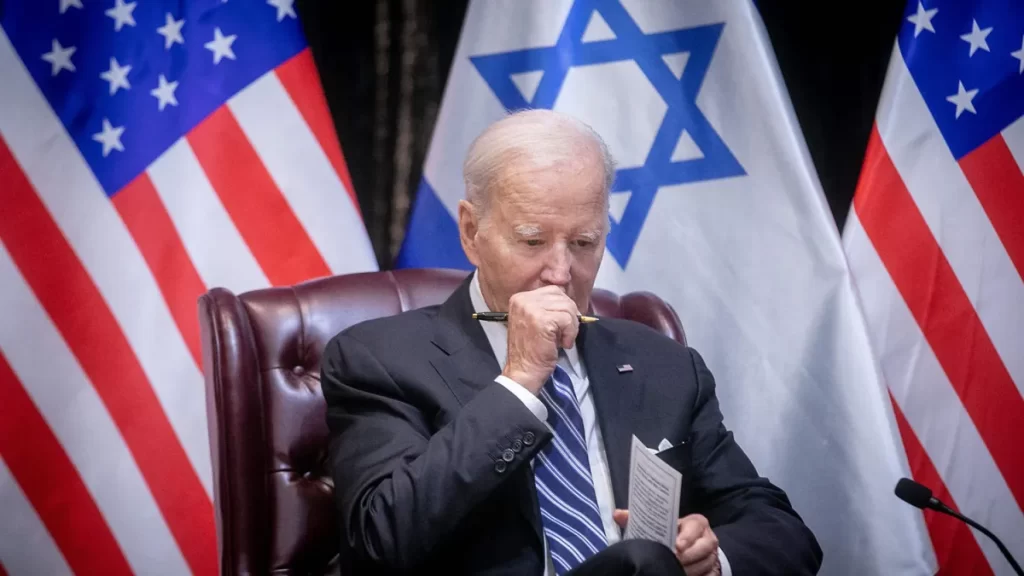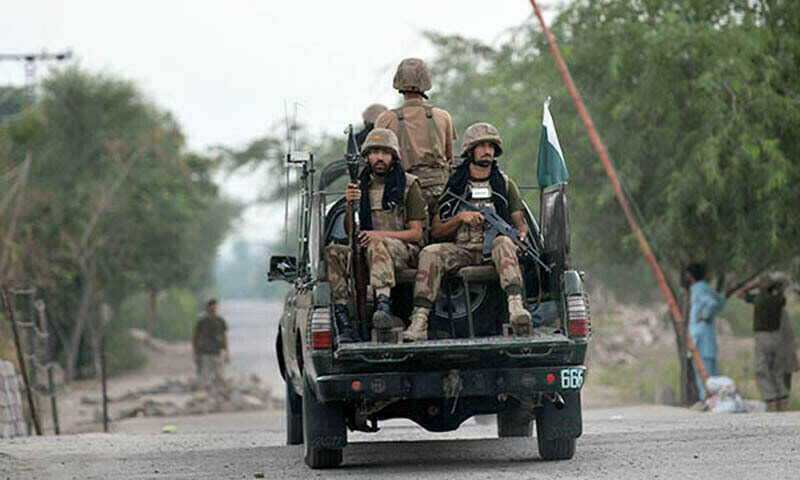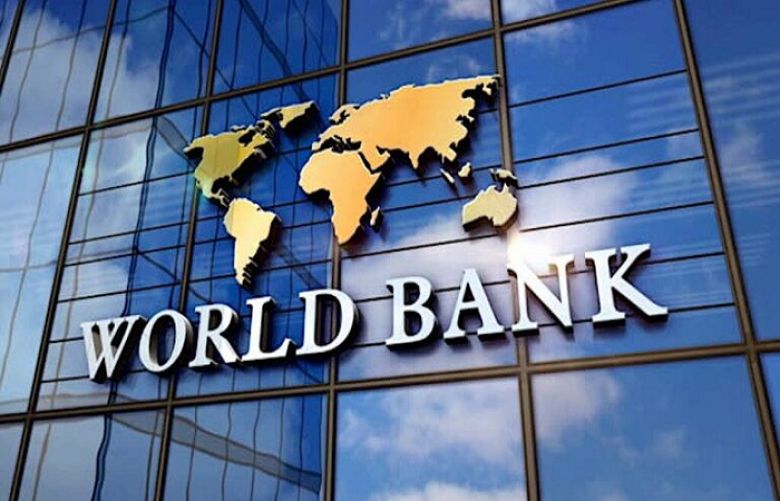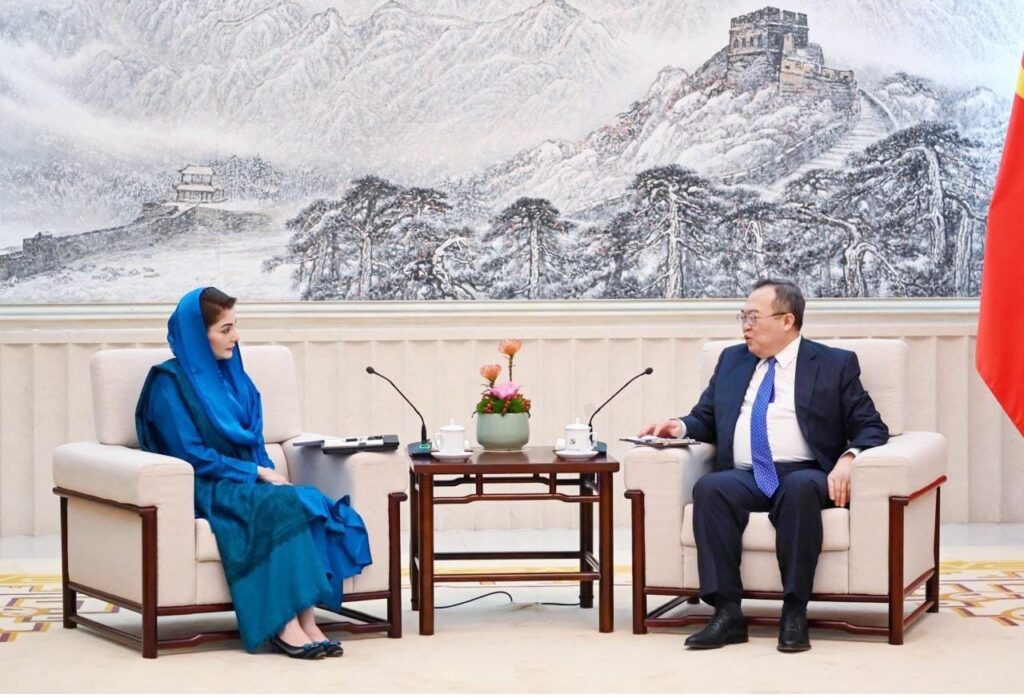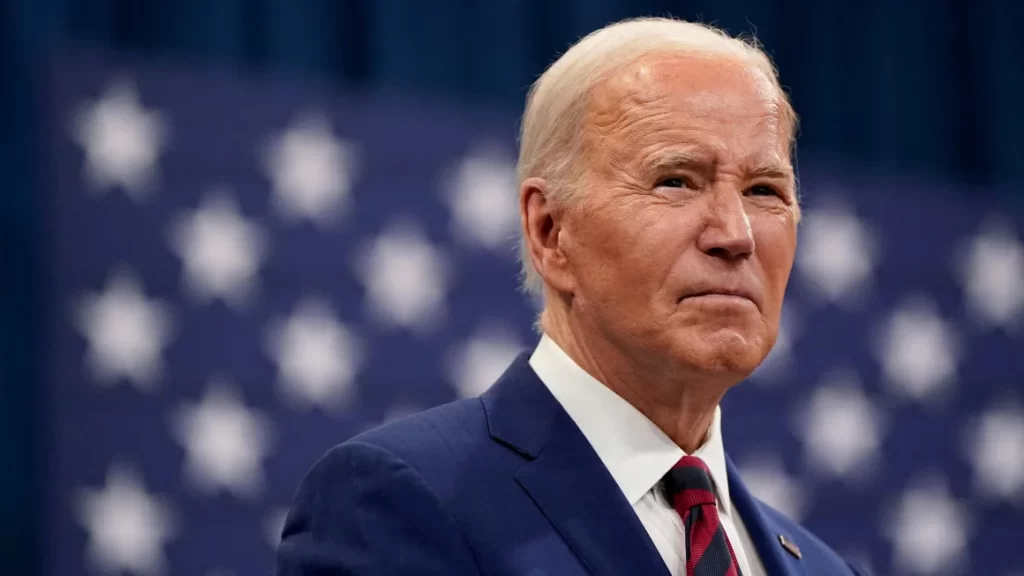On January 1, 2025, Pakistan and India reaffirmed their commitment to the “Agreement on Prohibition of Attacks against Nuclear Installations and Facilities”, exchanging lists of nuclear installations for the 33rd consecutive year. The annual exchange, initiated in 1992, is part of a bilateral agreement signed on December 31, 1988, which came into effect on January 27, 1991. The agreement ensures that both nations share details of their nuclear facilities on the first day of each calendar year, promoting transparency and reducing the risk of nuclear conflict between the two nuclear-armed neighbors.
The exchange took place in Islamabad and New Delhi. Pakistan’s Ministry of Foreign Affairs handed over its list to a representative from the Indian High Commission in Islamabad, while India provided its list to a Pakistani diplomat in New Delhi. This symbolic gesture, amidst ongoing tensions between the two countries, reflects the importance of maintaining communication on critical security issues.
In addition to nuclear facilities, both nations also exchanged lists of civilian prisoners, including fishermen detained in each other’s custody. Pakistan shared a list of 266 Indian prisoners, comprising 49 civilians and 217 fishermen, with the Indian High Commission in Islamabad. Similarly, India provided a list of 462 Pakistani prisoners, including 381 civilians and 81 fishermen, currently held in Indian jails.
Pakistan urged India to expedite the release and repatriation of 52 civilian prisoners and 56 fishermen who have completed their sentences and had their national statuses confirmed. Islamabad also requested consular access to 38 missing defense personnel from the 1965 and 1971 wars. In return, India called for the early release of its prisoners, along with their fishing boats, and demanded information about missing Indian defense personnel believed to be in Pakistan’s custody.
Despite such exchanges, relations between the two nations remain strained, primarily due to unresolved disputes, particularly over Kashmir. India’s revocation of Jammu and Kashmir’s special status in 2019 further exacerbated tensions, fueling political and military confrontations.
While these annual exchanges are a positive step toward reducing conflict risks, experts stress the need for both nations to engage in broader dialogue to resolve their longstanding disputes. The global community continues to encourage peaceful negotiations and measures to strengthen regional stability.

